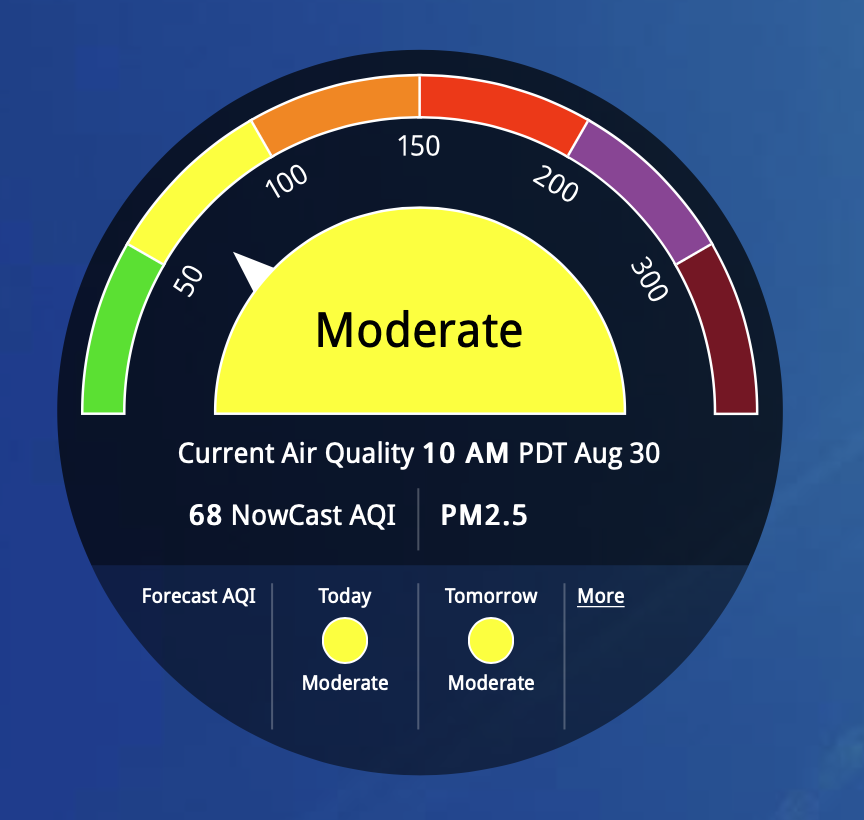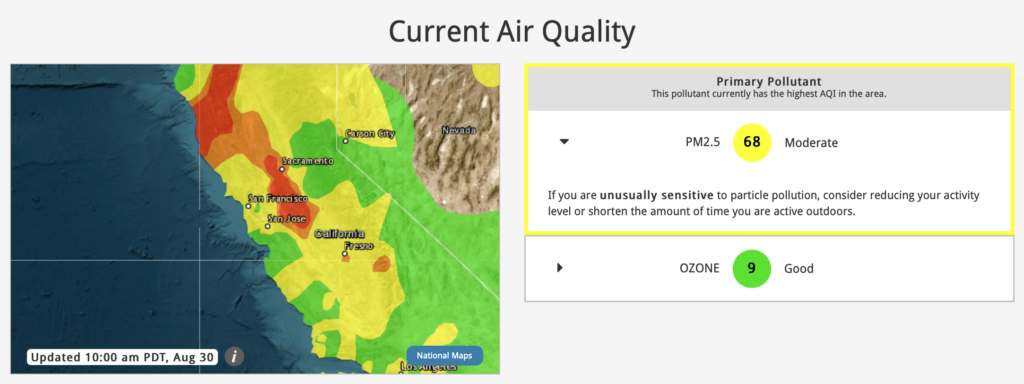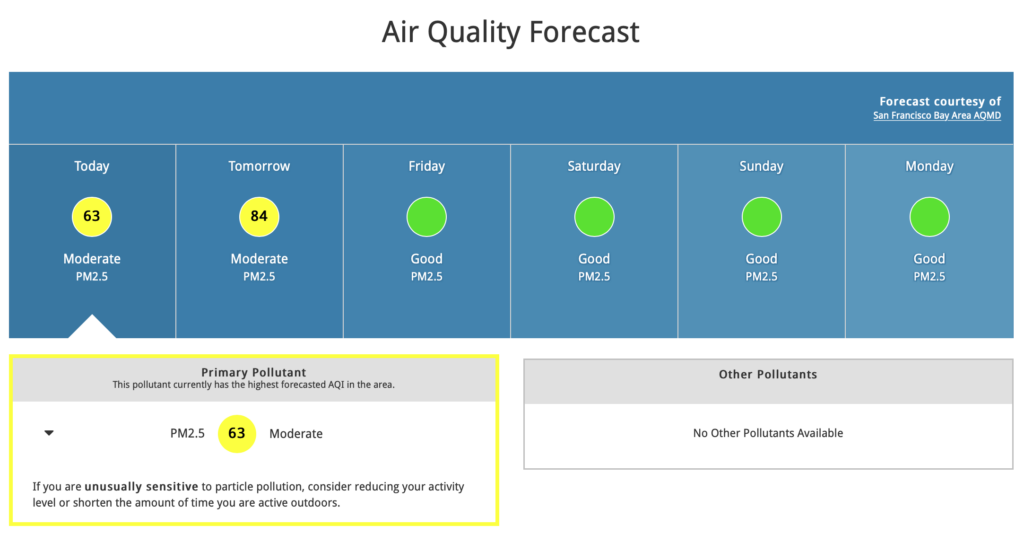
Wind and rain impacts are anticipated from Wednesday morning through early Thursday morning. Confidence in these impacts has increased, and flood watches and wind headlines are now in effect for the area. The likelihood of reaching flood stage at mainstem rivers across the North Bay has increased.
- Please travel at safe speeds while commuting to and from campus, and use caution while driving and parking around trees.
- A trough will bring significant rainfall to the region Wednesday and Thursday
- High confidence for rain totals above 3-4+” in the mountains, generally 2-3” in the 280 corridors.
- Saturated soils increase risk of runoff to creeks, streams, and roadways
- Strong wind gusts create risk of downed trees and power lines
- Lingering showers through the weekend
- Flood Watch from Wednesday through 4AM Friday.
- Wind Advisory from Wednesday through 4AM Thursday.
- High Wind Warning from Wednesday through 4AM Thursday for Santa Cruz and Santa Lucia Mountains.
- Increased likelihood (30-50%) of main stem river flooding across the North Bay with a 15-30% likelihood of main stem river flooding elsewhere




